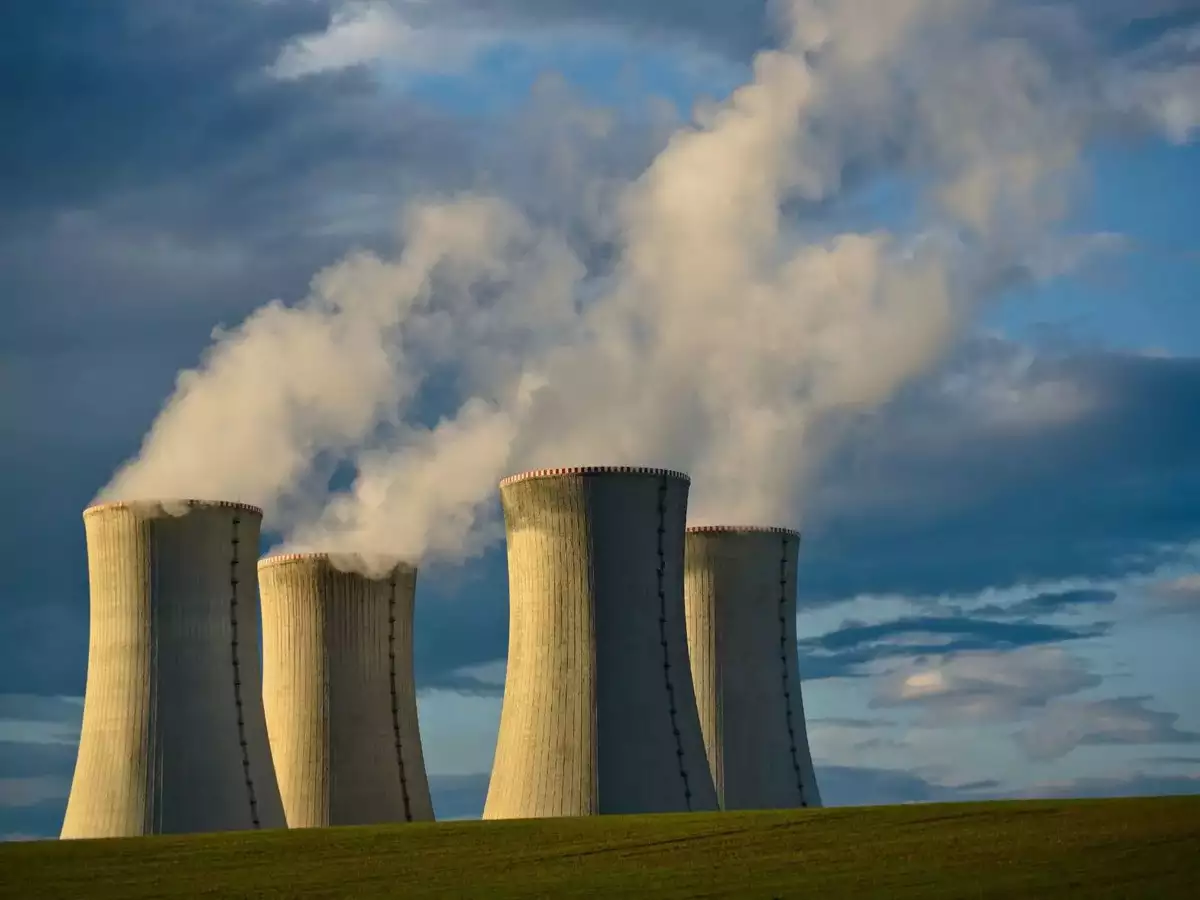India Expands Nuclear Power With 14.3 GW Capacity
India is gearing up for a significant increase in nuclear power capacity, with projects underway that are set to add 14.3 GW of renewable energy capacity. This expansion is seen as a crucial step in meeting the country’s growing energy demands while supporting its transition to cleaner energy sources. According to recent data from the Ministry of Power, 7.3 GW of this capacity is already under construction, while another 7,000 MW is in the planning stages, with pre-project activities currently in progress.
Currently, India has an installed nuclear power capacity of 8.18 GW, but the government has set ambitious goals to increase this figure threefold by 2032, aligning with the country’s broader sustainability and energy security objectives. This move is also expected to contribute to India’s growing focus on clean and renewable energy solutions, as it navigates the global shift towards reducing carbon emissions. While the prospects of nuclear power are promising, challenges in scaling up remain. Experts from the Ministry of Power have identified several hurdles that could impede the swift development of nuclear projects. These include securing appropriate land, acquiring the necessary environmental clearances, addressing local concerns, and ensuring the timely supply of equipment. Additionally, the high upfront costs associated with building nuclear reactors, as well as the dependency on imported nuclear fuel, further complicate the expansion process.
To address these concerns, the government is exploring innovative solutions such as the development of small modular reactors (SMRs), which offer a more flexible, cost-effective alternative to traditional large-scale nuclear reactors. The focus on SMRs comes as India faces a challenge in acquiring large parcels of land for reactor installations. The Centre has allocated ₹20,000 crore in the current Union budget to support the deployment of five SMRs by 2033, with the ultimate goal of deploying 100 GW of nuclear energy by 2047. This initiative is a key part of India’s strategy to reduce its reliance on fossil fuels and decarbonize its energy sector, particularly in light of the country’s ambitious climate goals. The proposed deployment of small modular reactors is expected to be a game-changer for industries that are energy-intensive, particularly in remote and off-grid areas. Experts have highlighted that SMRs could provide reliable, low-carbon power while facilitating the replacement of outdated thermal power plants. These reactors are also well-suited for use in industrial sectors that require high energy output in a compact form, thereby making them an attractive solution for India’s energy landscape.
The government has also laid out plans to work closely with the private sector to drive the nuclear power expansion. Recently, the Nuclear Power Corporation of India Ltd. (NPCIL) issued a Request-for-Proposal (RFP) to private companies for financing and building small-sized 220 MW pressurized heavy water reactors. This move aligns with the government’s push for increased private sector participation in the nuclear energy space, ensuring a diverse and competitive landscape. In a related development, a task force has been set up within the Department of Atomic Energy (DAE) to review potential amendments to the Atomic Energy Act. This task force will focus on the role of the private sector in building, owning, and operating nuclear power plants while ensuring the highest safety and regulatory standards. Additionally, the government is examining the Civil Liability for Nuclear Damage (CLND) Act to address concerns from private suppliers and stakeholders, ensuring that any potential legal issues surrounding nuclear power projects are resolved.
The government’s commitment to nuclear energy reflects its long-term vision of energy independence and sustainability. While nuclear power faces challenges, the significant investments being made into developing advanced reactors, coupled with the growing cooperation between public and private sectors, positions India to play a leading role in the global nuclear energy landscape. The expansion of nuclear power is also crucial for meeting the country’s rising energy demand while achieving its environmental targets.


